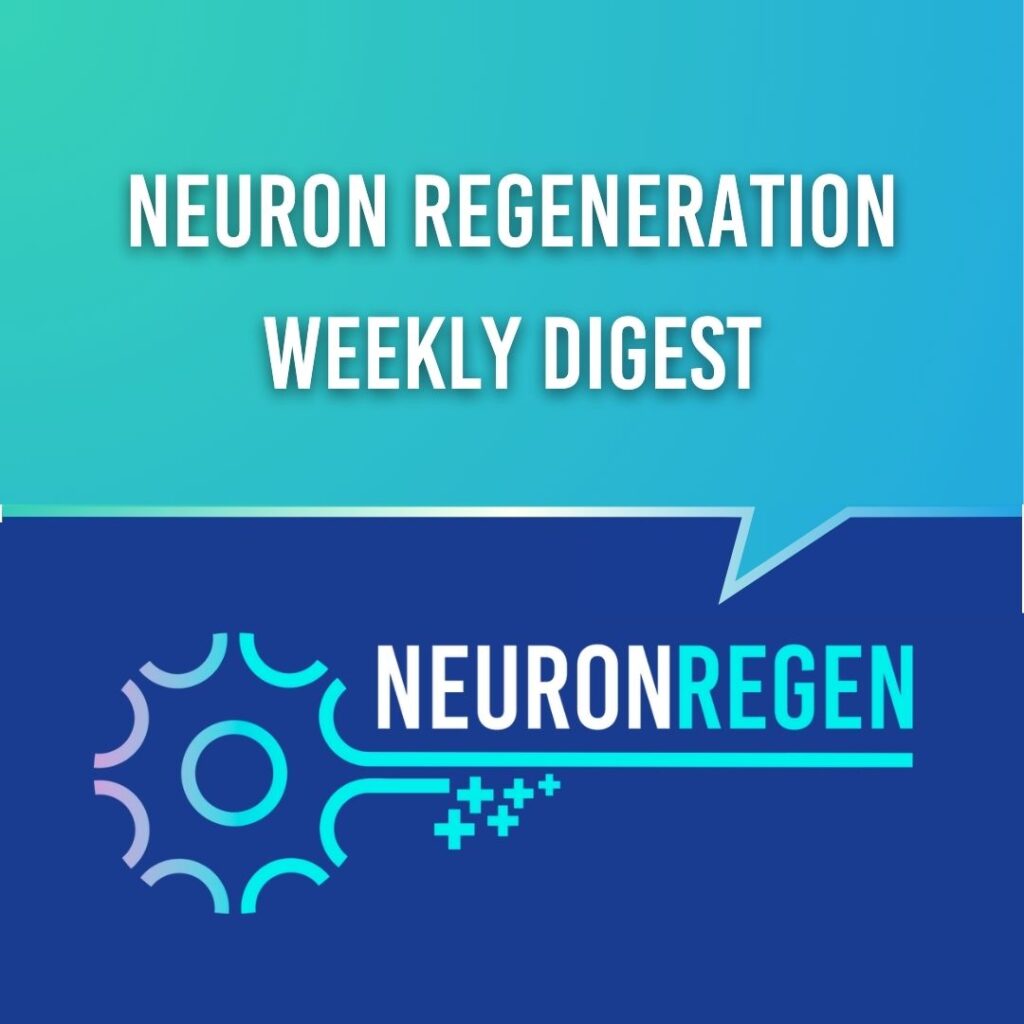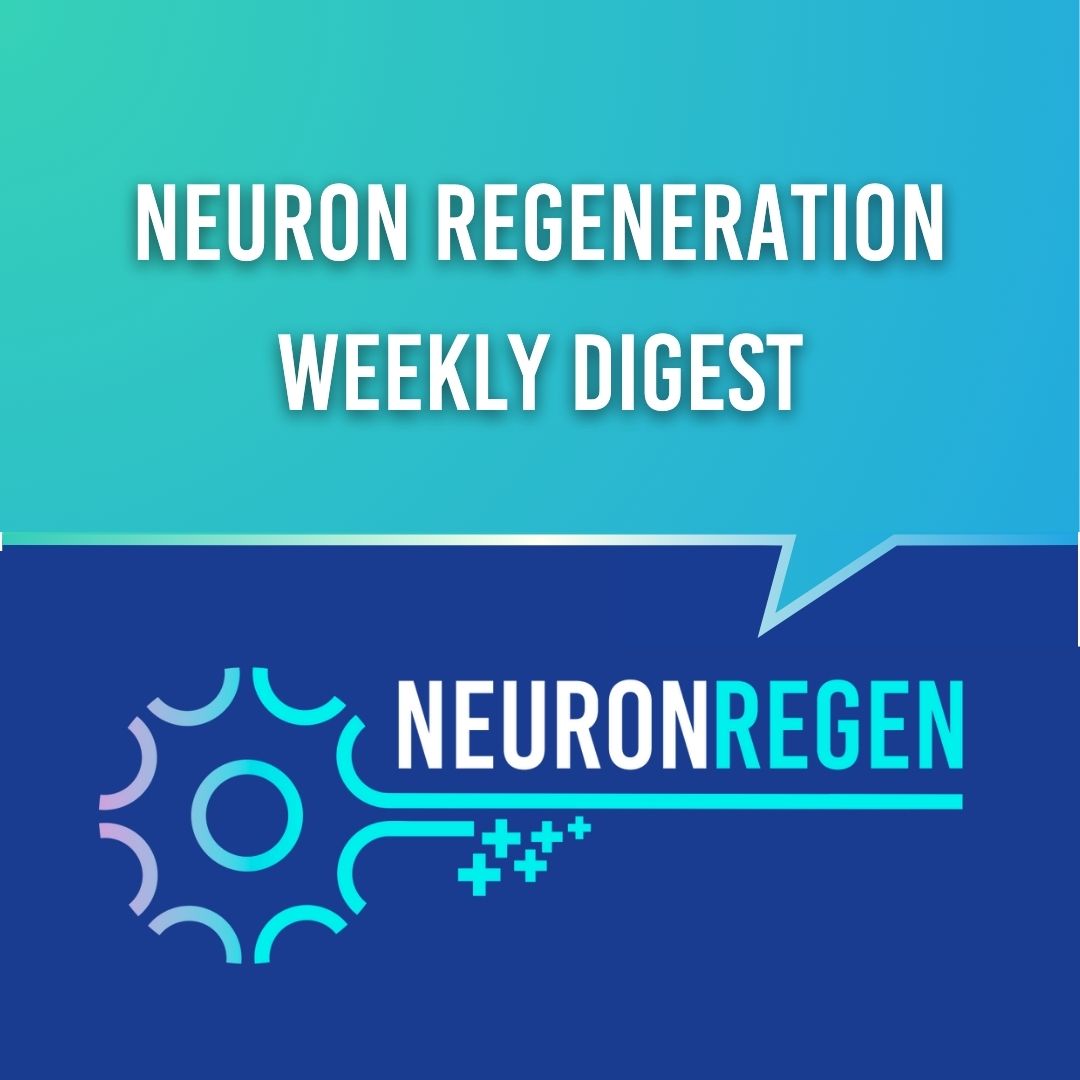This week’s research highlights point to the growing precision and creativity in neurological repair strategies. Scientists are dialing down harmful protein buildup in Alzheimer’s through ion channel modulation, restoring dopamine circuits in Parkinson’s with patient-specific stem cells, and enhancing spinal cord regeneration by combining stem cell sheets with natural antioxidants.
Together, these studies reflect a shift toward smarter, synergistic approaches that support the nervous system’s capacity for healing.

1. Cell-specific Nav1.6 knockdown reduced astrocyte-derived Aβ by reverse Na+-Ca2+ transporter-mediated autophagy in alzheimer-like mice
Suppressing Nav1.6 channels in astrocytes helped reduce amyloid buildup, improved autophagy, and restored memory in Alzheimer’s model mice. By fine-tuning calcium signaling, this approach may interrupt the harmful feedback loop that drives Aβ accumulation and cognitive decline.
2. Stem cell therapy for Parkinson’s disease: A new hope for neural regeneration
A new review highlights how stem cell therapies—especially those using patient-derived iPSCs—are advancing as a potential option for replacing lost dopamine neurons in Parkinson’s disease. Preclinical models show restored motor function and long-term cell survival, laying the groundwork for future clinical use while addressing key safety and ethical concerns.
3. Loading tea polyphenols enhances the repair of human umbilical cord mesenchymal stem cell sheet after spinal cord injury
Researchers enhanced human stem cell sheets with tea polyphenols to support spinal cord repair in rats. The combined therapy reduced oxidative stress, promoted blood vessel growth, and improved motor recovery—offering a more resilient, antioxidant-powered approach to stem cell-based spinal cord treatment.
If you’d like to stay informed of the latest publications and breakthroughs in neuron regeneration, join our email newsletter to the right (or below on mobile). We send out weekly updates with the latest papers and studies, as well as podcast episodes with the people driving Neuroregenerative breakthroughs.

